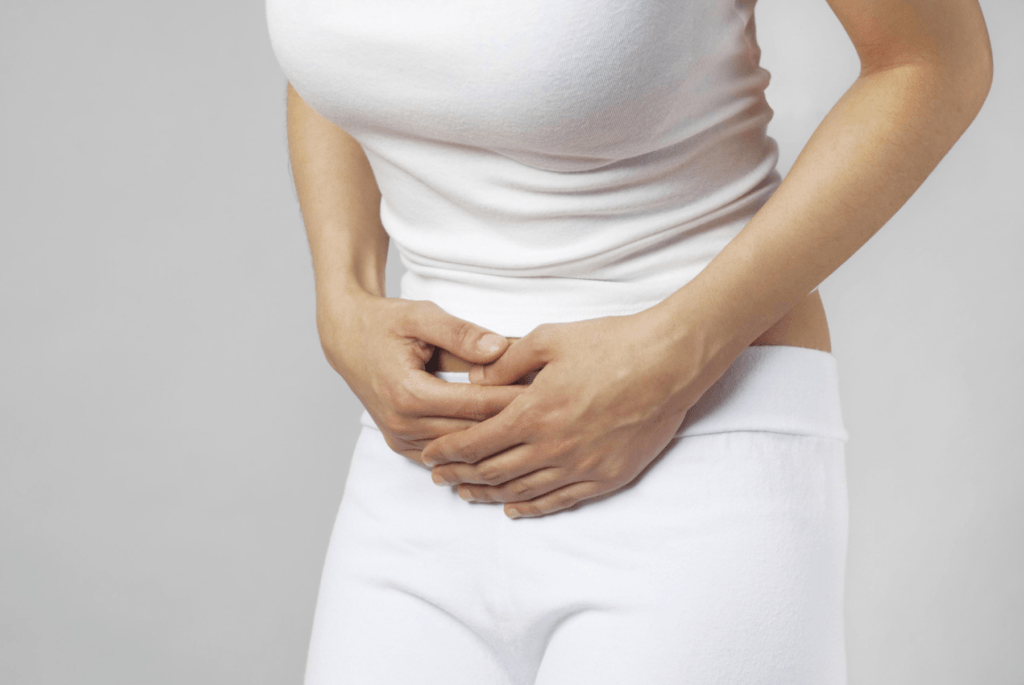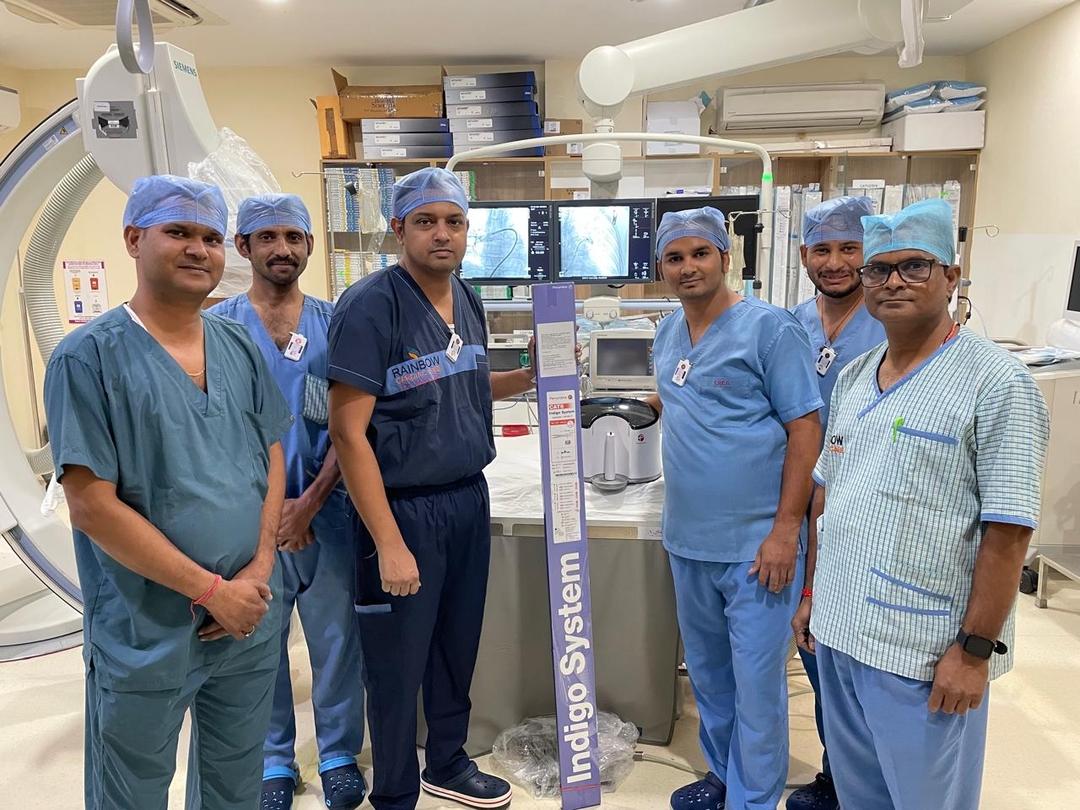
How To Stop Heavy Bleeding During Periods?
By Ujala Cygnus
Reviewed by : Jalaz Jain
April 11, 2023
What is heavy menstrual bleeding (menorrhagia)?
Menorrhagia or heavy menstrual bleeding is the condition when periods are severely heavy and continue for a longer time than normal. The word “Heavy” indicates that the bleeding is more than typical menstruation, and the period lasts seven days longer than usual. Bleeding is so heavy that you need to change your menstruation products now and then for several hours. Apart from that, you may also notice blood clots.
Heavy menstrual flow that starts interfering is never normal and needs to be taken care of. Your health provider will help you manage and stop heavy periods with the right treatment.
Are heavy periods too common?
Heavy period bleeding is quite common. It affects around 27% to 54% of menstruating women.
Is heavy menstrual bleeding serious?
Heavy menstrual bleeding is serious for those who lose so much blood that they start showing symptoms of anaemia. Anaemia is a medical condition caused by iron deficiency in the body. If not treated, it can be life-threatening.
Other conditions, such as cancer, also cause heavy blood flow requiring early medical intervention. If you are experiencing heavy menstruation, then consult your healthcare provider to stop heavy bleeding during periods.
Symptoms and causes
There are various signs of heavy menstrual bleeding, such as:
Along with anaemia, signs of pica may also be visible. Pica symptoms include hair loss, the urge to eat non-food items (paper, hair, dirt, etc.), and pale skin. Getting treatment on time will help you to stop heavy bleeding during periods.
How do you know if you have heavy menstrual bleeding?
Heavy menstrual bleeding starts disrupting the normal quality of life. Many find periods to be inconvenient and uncomfortable. Many times they live with heavy periods without seeking care. However, periods should never restrict you from doing activities or accept inconvenience.
During the normal period, you should be able to:
If your periods disrupt your life, you should get yourself checked to stop heavy bleeding during periods.
How long does heavy menstrual bleeding last?
Heavy menstrual bleeding lasts longer than seven days, the usual period. Moreover, it usually depends on the cause of bleeding and how long you will bleed.
What causes heavy menstrual bleeding?
Heavy menstrual bleeding can have various causes, from hormone-related issues to medical conditions. Knowing how to stop heavy bleeding during periods lets us learn the causes.
The female body secretes hormones such as oestrogen and progesterone that regulate the menstrual cycle. Any condition that causes hormone imbalance can lead to heavy period bleeding. Hormone imbalance can be caused by the following:
Benign growths in the uterus can be the cause of heavy bleeding. Moreover, any conditions that cause cells in the uterus to grow improperly can cause heavy menstrual bleeding, too. These include:
Conditions such as endometrial hyperplasia that increase the chances of cancer can affect the reproductive system. It further causes heavy menstrual bleeding. These include:
Sexually transmitted infections (STIs) can also cause heavy bleeding. These include:
Heavy bleeding can also be a warning sign that pregnancy might have complications. Such as:
Heavy menstrual bleeding can also signify various medical conditions, such as bleeding and non-bleeding disorders. Some of the most common conditions that are associated with heavy bleeding are:
Various medications are also known to cause heavy bleeding. These are:
If you are experiencing heavy bleeding, then you should go and get yourself checked. Your doctor will examine the condition. Only after determining the right cause for your condition can they help you provide the best treatment to stop heavy bleeding during periods.
Diagnosis and tests
To know the cause of the heavy menstrual bleeding, your healthcare provider will ask about your medical history and menstrual cycle.
They can ask about the following:
It would help if you came prepared with these questions and the quality of your life to get effective treatment to stop heavy bleeding during periods.
What tests help to diagnose heavy menstrual bleeding?
Various physical and pelvic exams are conducted to help provide treatment to stop heavy bleeding during periods . Cause of bleeding can be diagnosed using non-invasive procedures such as:
This test is used to diagnose issues in the lining of the uterus. It helps to see the inside of the uterus when filled with saline. The test is more accurate in determining the abnormalities in the uterine cavity than an ultrasound without saline.
The test helps to determine the polyps, fibroids and other irregular tissue in the uterus. It helps to examine the vagina, cervix and uterus. During hysteroscopy, doctors can remove growths that may be causing your bleeding.
The test that will be performed for the diagnosis will be dependent on age and symptoms. Tests may include:
Management and treatment
Treatment to stop heavy periods depends on the cause, severity of bleeding, health, age and medical history. Moreover, the treatment also depends on medicines and preferences. In addition, pregnancy plans will also affect the treatment options.
Your health provider will provide the right treatment after examining your condition.
Medications used to treat heavy menstrual bleeding
Procedures used to treat heavy-period bleeding
A hysteroscopy test is conducted to diagnose and treat heavy-period bleeding. A doctor inserts a thin, lighted tube inside the vagina that helps them to inspect the uterine cavity. It also helps remove any growths that may be causing your bleeding.
Other procedures include:
Treatment to stop heavy periods begins with medication and then progresses to surgical procedures. Consult your healthcare provider to choose the best treatment option to stop heavy periods . If you are experiencing heavy bleeding, then get yourself diagnosed at Ujala Cygnus Hospital , and our doctors can help you out with your problems.
Loading...












